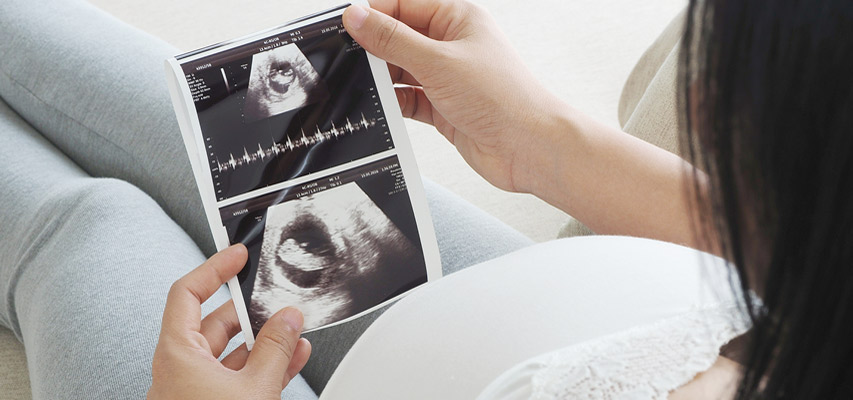

If this is your first pregnancy, the never-ending number of tests and scans you have to go for can be very confusing.
With various prenatal scans available, all with different price tags, find out if the Harmony Test is something you’d want to consider.
What is the Harmony Test?
It is a non-invasive prenatal test offered in Singapore and can be done as early as 10 weeks into your pregnancy. The test analyse the DNA in a sample of your blood to predict the risk of Down Syndrome (trisomy 21) and two other genetic conditions, trisomy 18 (Edwards Syndrome) and trisomy 13 (Patau Syndrome) – both of which result in numerous birth defects and can be fatal.
The test can also determine the gender of the baby and poses no risk to the foetus.
Is it accurate?
The Harmony Test has a much higher detection rate for Down Syndrome as compared to the standard OSCAR scan. It can identify 99% of babies with Down Syndrome, 97% of all those with Edwards Syndrome and 92% of all with Patau Syndrome.
It also has a lower false positive rate, meaning that more invasive test that can increase the risk of a miscarriage is generally not needed.
What if you get a high-risk result?
Try not to panic! A high-risk result doesn’t always mean that your baby will definitely have one of those conditions. You can consider having a nuchal translucency ultrasound and maternal serum screening tests to observe the foetus’s anatomy and identify further indications of Down, Edwards or Patau syndrome.
If the risks are still high, your doctor might recommend you go through a more invasive prenatal diagnostic testing (where a small sample of the placenta is taken in for testing), or amniocentesis (where a small amount of amniotic fluid is extracted from around the baby in the womb). Although these tests are 100% accurate, it increases the risk of a miscarriage.
Is it essential?
Your doctor will not make it compulsory to take the Harmony Test, it is entirely up to the parents to make the final call. Parents who opt to take this are usually women aged 35 and older (as the risk increases for older pregnant mothers), or mothers who just want the reassurance.
Given that the test can be taken as early as 10 weeks, if results are high-risks, there is more time to process the news, make decisions and prepare yourself and your family for a baby with special needs.
Keep an eye out for our other articles that give mummies-and-daddies-to-be useful info and tips! Subscribe to our mailing list and like us on Facebook!
Copyrighted Pregnancy & Baby by Mummys Market 2019


